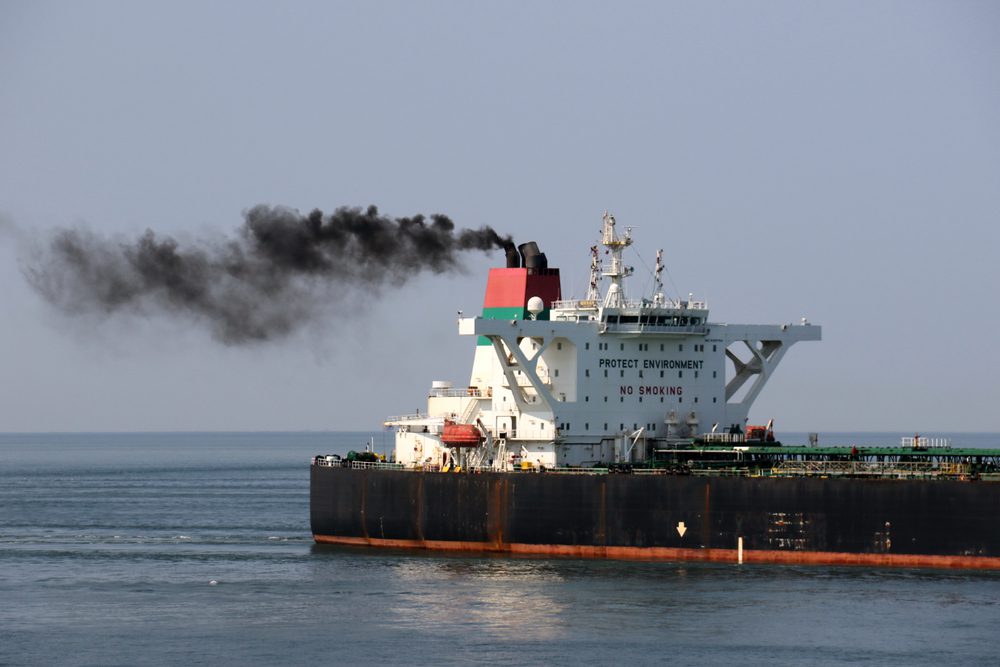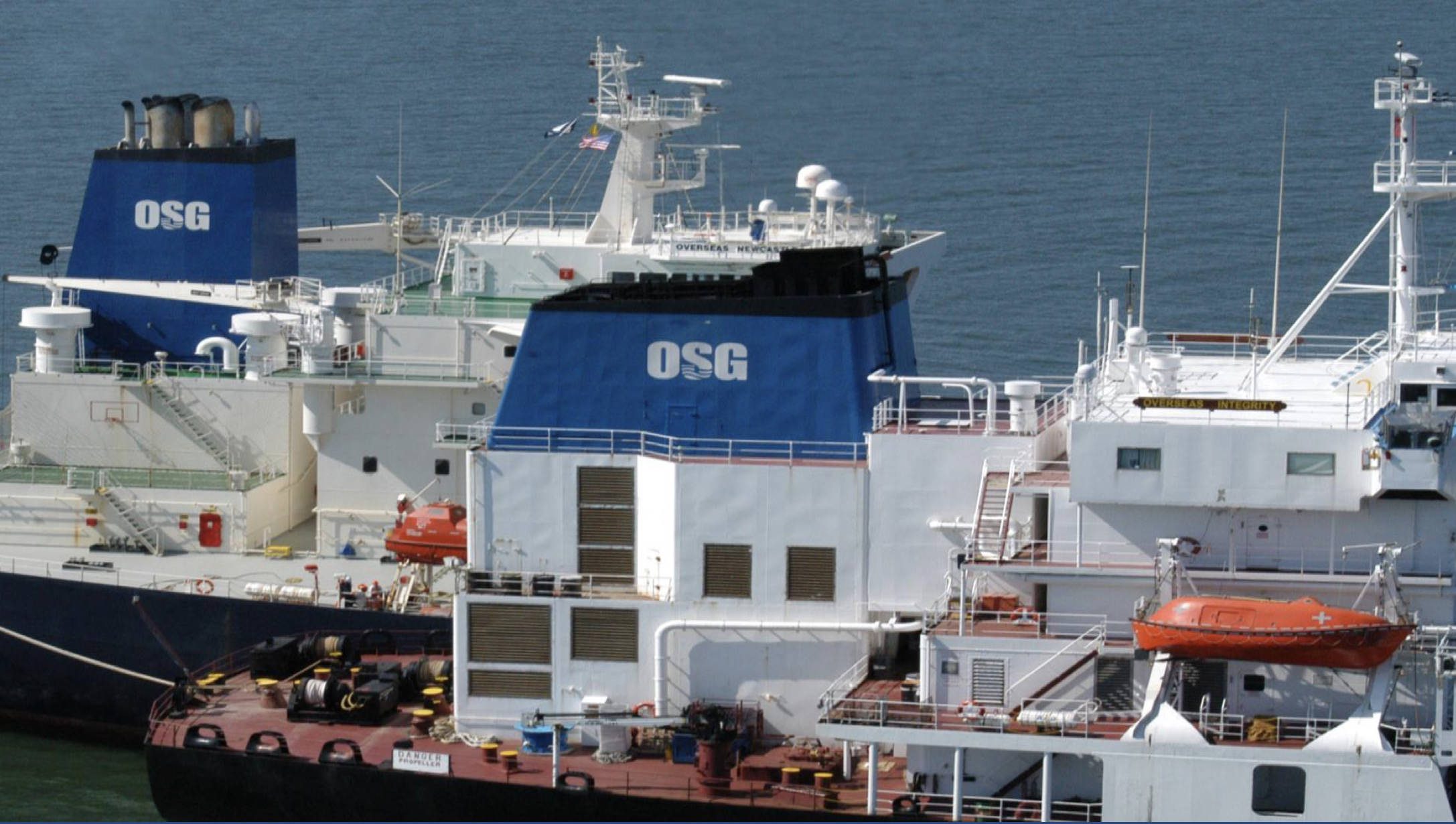MartinLueke / Shutterstock.com
By Niclas Rolander (Bloomberg) — They’re large, they’re expensive and they’re increasingly controversial.
Scrubbers, a type of exhaust filter installed in ships, have been hailed by some as the key to efforts by the industry to comply with new pollution regulations due in 2020. Yet ports and shipping companies are starting to question their credentials when compared with cleaner fuel, and environmental organizations have warned they may enable shippers to dodge obligations to move on from dirty fuel.
Those concerns came to the fore late last month, when the world’s second-largest port of Singapore said it won’t allow the use of so-called open-loop scrubbers, which after filtering fuel release a sludge that contains sulfates and particles into the ocean. That type has also been restricted by ports in Germany and Belgium, and others may follow suit.
“There’s a whole range of environmental, regulatory and operational reasons which lead us to be very very skeptical of this technology,” Brian Gallagher, investor relations manager at Belgian shipping firm Euronav NV, said by phone. It requires “an economic investment with very limited visibility on return,” he said.
Low Sulfur Fuel
Euronav says it would have to pay about $5 million per ship to get scrubbers installed on its largest crude carriers. An alternative would be to switch from heavy fuel oil to more expensive low-sulfur fuel — though after the 2020 deadline, when shippers can’t run on traditional fuel without scrubbers, no one knows exactly what the price difference will be. Gallagher says the company’s discussions with refineries indicate that the premium will be far below the $300 a ton that some have estimated.
Singapore’s decision could accelerate a push by ship operators towards cleaner fuel, according to Marcie Keever, oceans & vessels program director at Friends of the Earth International. That would more substantially address problems caused by heavy fuel oil, including the risk of disastrous oil spills, and “not just put a band-aid on it, which it feels like these scrubbers are doing,” she said. Ships could take sludge onshore and dispose of it in a more responsible way, she added.
While most scrubbers sold are open-loop, major suppliers such as Finland’s Wartsila Oyj and Swedish rival Alfa Laval AB offer closed-loop and hybrid models that let ships dispose waste safely at port. Shipping companies that have embraced scrubbers, including Denmark’s D/S Norden A/S and cruise ship operator Carnival Group International, argue that the resulting sulfate is “a naturally occurring constituent of seawater” and not harmful to oceans.
Order Books
And while the debate rages over cheaper fuel, many shippers are planning to get scrubbers installed. Even skeptics like A.P. Moller-Maersk A/S, the world’s largest shipping company, has decided to fit the equipment on at least a small portion of its carriers. Suppliers such as Wartsila have large order books and will be running on full capacity next year.
“We are fairly fully booked for 2019,” said Roger Holm, head of the Helsinki-based company’s marine business. “For 2020 we have space, so that’s not a problem, but of course, we are selling all the time.”
As for Euronav, Gallagher is confident the company can sit out 2019 and be a late mover if scrubbers live up to the sales pitch.
“If we’re wrong, and if in six, nine or 12 months all of those issues have been put to bed and there’s 50 scrubbers that are working perfectly well, then our Plan B would be to invest in the technology,” he said.
© 2018 Bloomberg L.P
Unlock Exclusive Insights Today!
Join the gCaptain Club for curated content, insider opinions, and vibrant community discussions.

 Join The Club
Join The Club







![A screengrab of a map showing an earthquake Mindanao, Philippines on Dec 2, 2023. (Image: US Geological Survey [USGS])](https://gcaptain.com/wp-content/uploads/2023/12/Screenshot-2023-12-02-at-10.45.17-AM-copy.png.webp)





